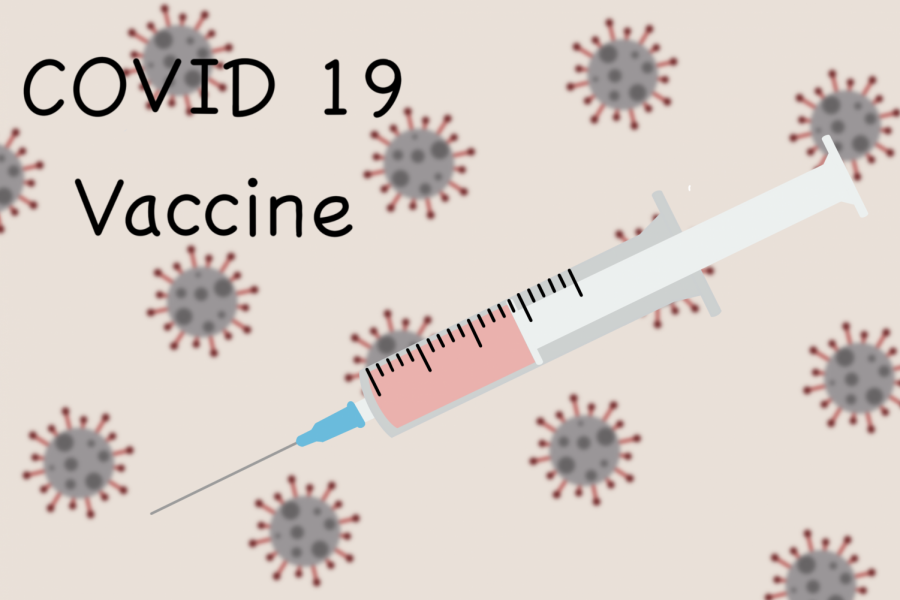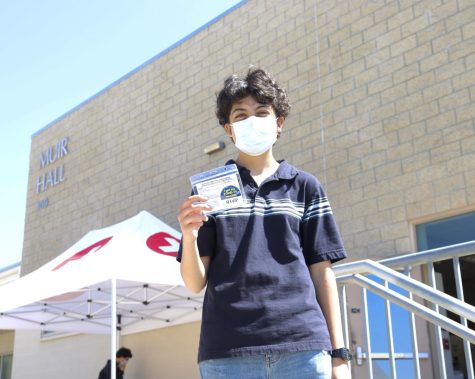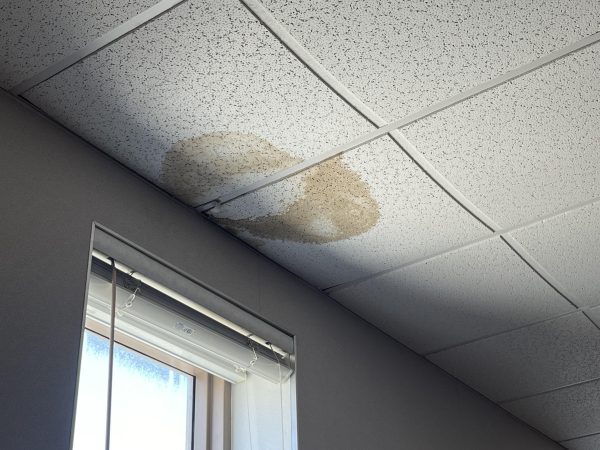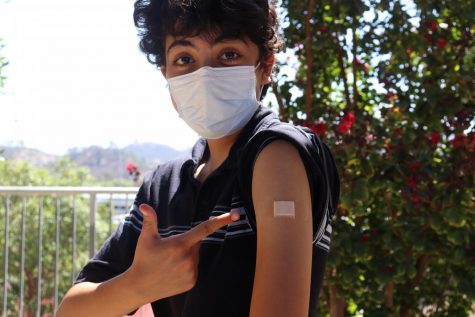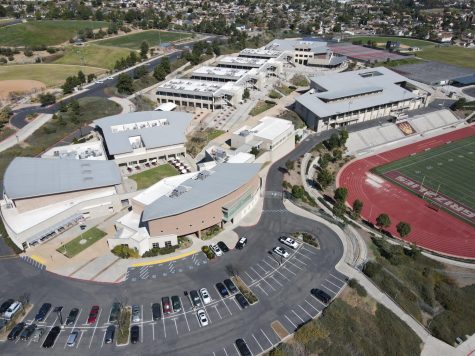A Covid-19 vaccine has been approved by the FDA
Both the companies Pfizer Incorporated and Moderna Incorporated submitted their Covid-19 vaccines to the FDA for approval. Only Pfizer’s vaccine has been recently approved by the FDA.
Photo by Julianne Martin
As the number of Coronavirus cases rise, two companies — who have been working to develop the vaccine — have shown high success rates. On Nov. 9, Pfizer Incorporated announced that their vaccine appeared 95 percent effective during early test results. Shortly after, on Nov. 16, Moderna Incorporated, another company developing Covid-19 vaccines, announced that their vaccine appeared to be 94.5 percent effective.
“It is amazing news to hear that vaccine development is going so well. I think that it would be great if the vaccine was able to be public soon so that schools can open again and the number of cases will stop the high increases,” sophomore Melina Eftekari said.
Pfizer, who developed the vaccine with its German partner, BioNTech, submitted their vaccine to have emergency approval from the U.S. Food and Drug Administration (FDA) late November. The FDA approved Pfizer’s vaccine as of Dec. 12. Moderna has also submitted for emergency approval from the FDA but there has been no announcement of approval.
“Hearing about the success for the development of the vaccine for Covid-19 actually made me very hopeful. Now I just hope that we can manage to depoliticize vaccines and wearing masks in the meantime for the sake of public safety,” sophomore Emily Niemann said.
While the FDA has approved the Pfizer vaccine there are some known side effects, though none are severe. According to documents released by the FDA, the most common side effects were fatigue, headache, muscle pain, chills, joint pain, and fever. It still remains unclear how safe the vaccine is for groups, like pregnant women and children under 16.
“The success of the vaccine for Covid-19 is definitely exciting, but I am actually not sure how I feel about the vaccine. I do have concerns about the safety of the vaccine and whether or not it will make a difference in the number of cases,” sophomore Ariana Baltazar said.
The Center for Disease Control (CDC) has recommended that healthcare workers and residents of long-term care facilities, such as nursing homes, should be the first to receive the vaccine.
These recipients will be part of phase one of four phases planned to get the vaccine widespread. The first shipments of the vaccine will be limited, so states will have to prioritize who should receive the vaccine and it is not expected to be widely distributed until next year.

(She/her) Samantha Wong is a senior and has returned for her fourth year in journalism. In her free time, Samantha enjoys reading, sewing, drawing, and...

Julianne Martin is a sophomore at Mission Hills High School. This is her first year on The Silvertip, although she wrote for her middle school and elementary...

